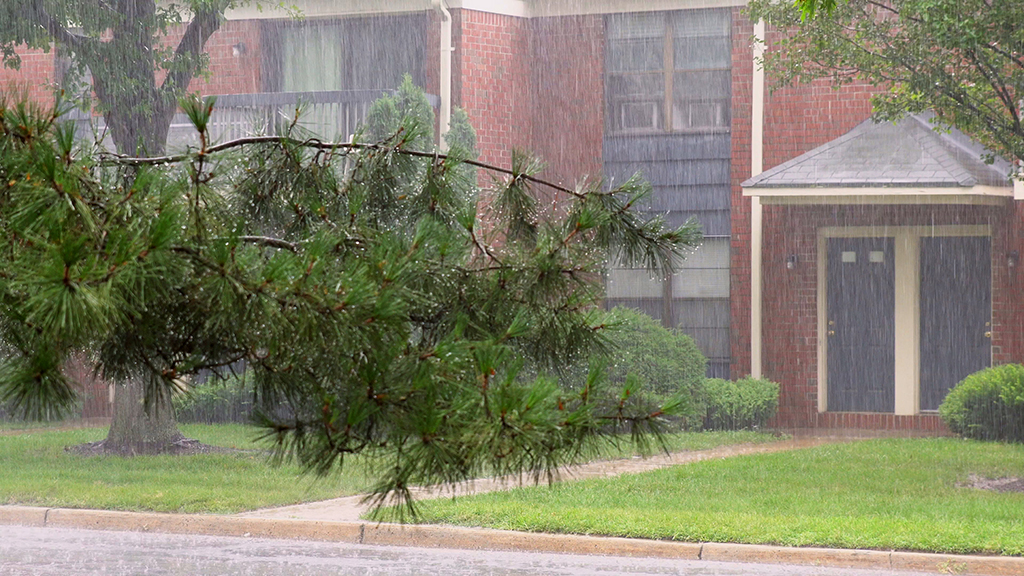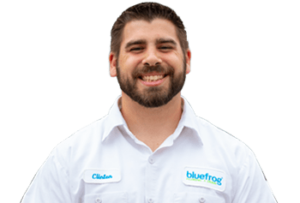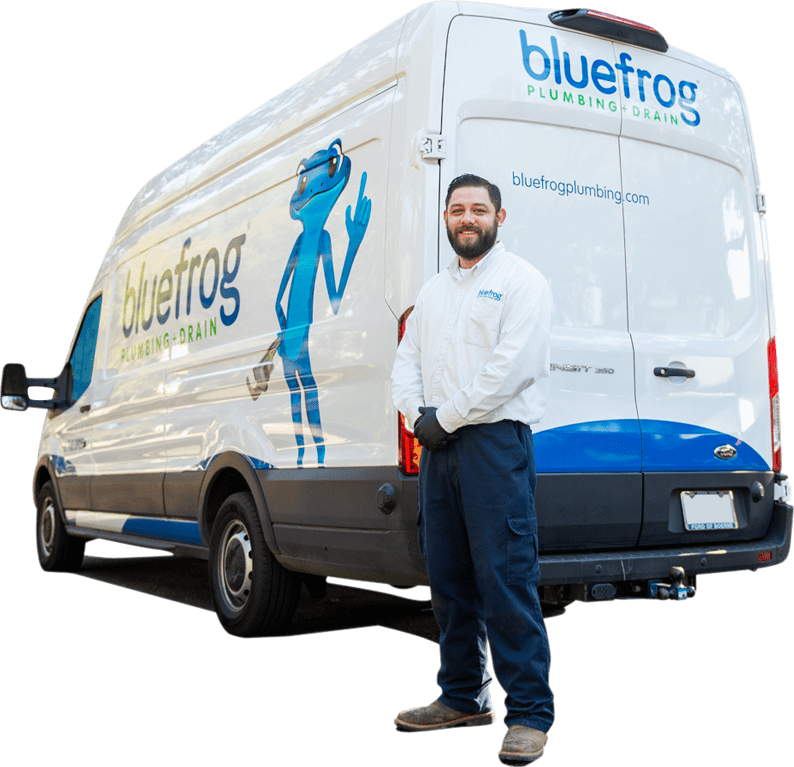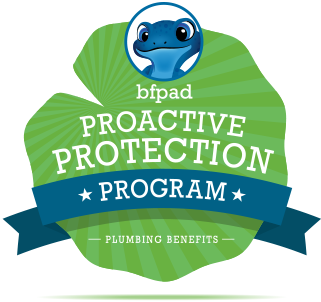
Sump Pumps | Insights from Your Trusted Chester, VA Plumber
Photo By ungvar at Shutterstock
If your sump pump fails during inclement weather, your basement will flood in minutes, causing lots of damage to anything stored there. This frustrating event gets worse when you’re left to deal with the headaches and heavy costs that come with cleaning up a flooded basement.
Knowing the right unit to get for your property is a great preemptive first step. The following guide will help even more:
Types of Sump Pumps
It doesn’t matter where you live, your basement is at risk of flooding. A sump pump protects against this (and any water damage it may cause) by automatically pumping water out and away from your Chester, VA home. But, which one is best for you?
The answer to this question depends on your needs. The first thing you need to know is there are 2 main types: primary and back up:
- Primary
These are the ones found in most houses. They’re designed to pump water out of your basement and prevent floods. They do a good job of it as well. Most come with the ability to pump thousands of gallons of water every hour to keep your Chester, VA home dry and safe.
There are two types:
Pedestal Pumps: They’re positioned with the pump motor above the sump basin and out of the water. This positioning ensures there’s less worry about water damage to the motor. This is why pedestal pumps last so long – up to 30 years.
- Biggest Pro: They’re less expensive than submersible pumps and the above water placement of the motor makes for easier repair.
- Biggest Con: The exposed motor means that pedestal pumpers are noisier and more likely to overheat.
Submersible Pumps: As you can tell by the name, these pumps lie underwater in a basin. Furthermore, they come with more powerful motors than those found in pedestal pumps. In places with a low elevation or experiencing heavy rainfall, the extra power the submersible provides can mean the difference between a dry or wet basement.
As a bonus, their submerged design gives them the extra ability to filter debris. This prevents clogging that can lead to flooding. But, keep in mind, the extra power and capability of the submersible sump pump comes with a caveat. They usually cost more than pedestal pumps. They also have a life expectancy that ranges from 5 to 10 years.
- Biggest Pro: They’re quieter than their counterparts. Since the motor is inside the sump basin, they’re less obtrusive, safer for homes with kids, and an excellent choice for finished basements.
- Biggest Con: Their design makes the motor harder to repair.
Regardless of which one you choose, pick a model that features corrosion free housing, an alarm, and a cover.
- Backup
Traditional sump pumps don’t work when the electricity is out. So, if your area is facing a torrential storm and the power goes out, problems are sure to ensue. This is where the backups come in.
Like their primary counterparts, there are two types of these:
Water-Powered: These use water pressure, instead of electricity, to create a vacuum that removes water from the sump pit. Just keep in mind, these need lots of water pressure to work. In other words, you’ll need town or city water for optimal operation. Well water doesn’t have enough pressure.
Because they don’t require electricity or batteries to operate, water-powered pumps are best when there’s a power failure. They also don’t require maintenance since moving parts are few and they have no motor. This means they’ll last a very long time.
Battery Backup: Like traditional ones, these use electricity as a primary source of power. What sets them apart is the addition of a stored battery that will keep your pump running even when the power goes out. However, it’s important to note, battery power doesn’t have much punch.
How Much Power Do You Really Need?
Like a car, every sump pump has a horsepower rating. Likewise, the more horsepower, the higher the ability to move significant amounts of water.
The horsepower rating of your sump pump should depend on the distance and elevation you must pump the water to remove it from the sump pit. The higher and farther it has to pump, the more power you require. It will also depend on how quickly you must remove the water.
If your needs are minimal, a 1/3 HP pump is good enough. On the other hand, if your sump pit fills up quickly, or the water has to move a distance to get away from your property, then something with 1/2 HP or higher is best.
Still, it’s important to note the most important consideration is the number of gallons your chosen sump pump can move every hour and to what elevation.
Add-ons: Yea or Nay?
No matter the type of sump pump that meets your needs best, it’s important you pair it with a switch. They come in 3 types – electronic, vertical float, and tethered float. These handy additions automatically turn on your pump when the water in the basin gets to a certain level.
Another important consideration is housing. Most pumps come with either a plastic or cast metal housing. There are options available with stainless steel housing, but they are usually more expensive. No matter which one you choose, they all provided needed protection to the submersible pump’s motor.
The Bottom Line
There are several factors to consider when considering a sump pump replacement for your Chester, VA home. Paying heed to the tips listed above and asking for help from the professionals at bluefrog Plumbing and Drain of Richmond, VA will help you make the right decision for your needs.





;)

